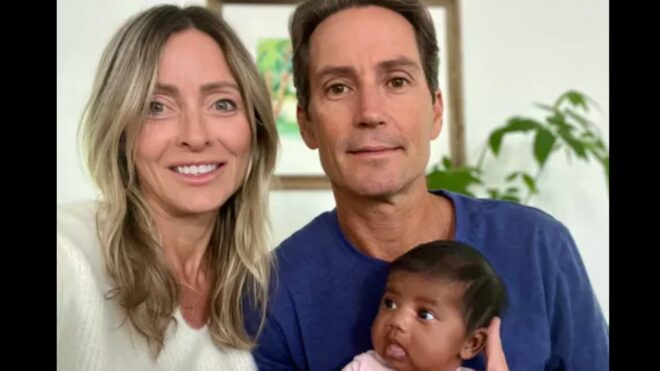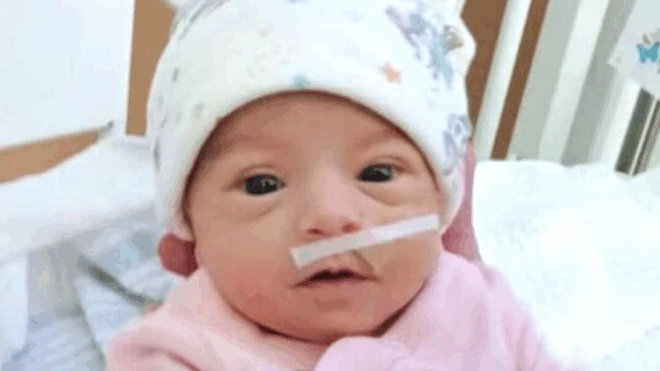Women who have experienced the pain of suffering from a miscarriage know how absolutely devastating a time it is. Miscarriage is sadly quite common. For women who know that they are pregnant, about 10 to 15 in 100 pregnancies end in miscarriage. As many as half of all pregnancies may end in miscarriage.
For women who have experienced a miscarriage, the pain and discomfort of having to tell family and friends this news can be quite challenging, especially because, too often, people don’t know how to respond. They think they are saying something helpful, but sometimes it’s just the opposite of that.
What We Shouldn't Say
Jamiee Russell, a Health and Fitness Advisor at Wellyx, suffered from a miscarriage at 13 weeks. “I was just feeling myself in a deep dark hole," she said. "Every second was worse than before. We lost our baby. It was just devastating. When people got to know about this bad news, everyone started sending condolence messages, but not a single word was helpful to me. Only my husband helped me to get through this."
Things that shouldn't be said:
- You’ll get a baby again.
- Try to forget about it.
- Waste all the things you bought for your baby.
- Look on the bright side.
- You must be devastated.
Monika Martin, a Life Transformation Coach, experienced a miscarriage in early 2018, and says most people she shared the news with were compassionate.
“However, I’ve been told by some other people that it’s OK, I’ll have another one, that at least I know I can get pregnant, or that it’s a private matter and I shouldn’t be talking about it," she says. "These comments were really not helpful and quite hurtful to be honest.”
Heather, from New York City, 37, and her partner went through several rounds of IVF and got pregnant with a baby girl through their first transfer. She sadly suffered from a miscarriage soon after. She says to be considerate of how you may announce your own pregnancy news to your friend who is suffering. She says: “Look, I get it. The world doesn't stop just because you are experiencing a tragedy, but it would be considerate for those to wait until you're done bleeding before announcing their good news. There has been a lot of discussion about how to tell your friend going through infertility or pregnancy loss about your own pregnancy. Text them. No one wants to be forced to be happy for you when they're grieving. Most likely they won't be happy for you, and that's OK! You get the baby and the pregnancy while they are grieving. Be gentle, understanding, and kind. It will take time for their pain to soften.”
Sarah of Journey for Jasmine, is 35 years old and has suffered from two miscarriages and a stillbirth. "After our miscarriages, I had many things said to me, including things that were both helpful and unhelpful," she says. Unhelpful comments included, "At least you weren't that far along," "Everything happens for a reason," "Maybe it just wasn't in God's plan," "At least you can try again."
What To Say
Abby Jorgensen, a mom who has experienced three miscarriages and works as a bereavement doula, helps support families who are going through miscarriage, stillbirth, or infant loss. Here's are helpful phrases to say to someone who has experienced a loss:
- I am so sorry for your loss.
- Can I bring/send you dinner on Tuesday?
- Do you want to tell me about the miscarriage?
After her first pregnancy ended in a miscarriage at around 8 weeks, Marissa Zheng of A to Zen Life called her midwife to schedule a follow-up appointment. “As I was sobbing on the phone with her, she said something to me that was immensely reassuring: 'It's not your fault.'" she says. "With those words, she gave me permission to stop blaming myself, to move forward, and to focus on healing my body and my mental health.”
Anna C. Maling, is a perinatal mental health therapist who works with pregnant/postpartum moms.
She also experienced a miscarriage prior to the birth of my son. Here is what she believes can be helpful to say to a woman who has experienced a miscarriage:
- I am here for you. You can talk or we can just be.
- It's OK to not be OK.
- It's OK to grieve. Everyone experiences grief in a different way, and in different timeframes.
- It's OK to reach out for help.
Cheryl Dowling, Founder of The IVF Warrior has suffered from three pregnancy losses, including the loss of her daughter’s twin. Good things that have been said to her are:
- I'm sorry that happened.
- I'm here for you.
- It wasn't your fault.
- You did nothing to deserve this.
- There's nothing you did to cause this.
Cheryl also says the best thing to do for someone who has experienced a loss, is simply be there for them and let them know they are loved and supported. Don't offer unsolicited advice or comments.




